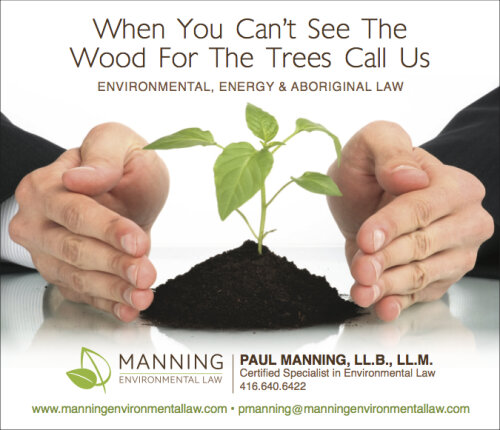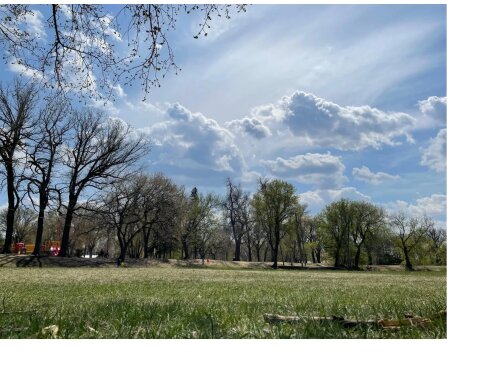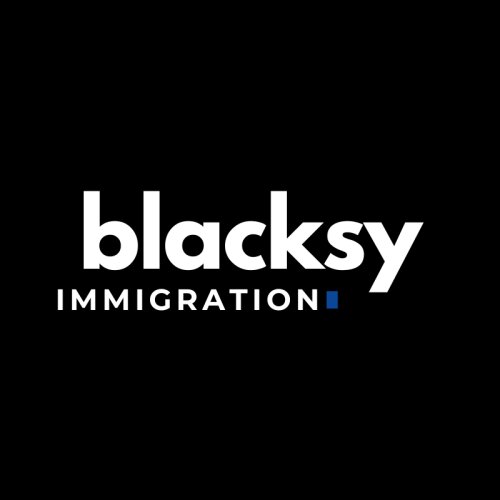Best Energy Regulatory Law Lawyers in Toronto
Share your needs with us, get contacted by law firms.
Free. Takes 2 min.
List of the best lawyers in Toronto, Canada
About Energy Regulatory Law in Toronto, Canada
Energy Regulatory Law in Toronto is the body of laws, regulations, and administrative policies that govern the production, distribution, and use of energy resources. This encompasses electricity, natural gas, renewable energy projects, and emerging technologies. Toronto is a major urban center in Ontario, and its energy sector is regulated by a combination of federal, provincial, and municipal laws, with the Ontario Energy Board being the main provincial regulator. Energy Regulatory Law ensures the fair and efficient operation of energy markets, consumer protection, environmental compliance, and the facilitation of new energy infrastructure.
Why You May Need a Lawyer
There are several situations where individuals, businesses, or organizations in Toronto may need legal assistance regarding Energy Regulatory Law:
- Securing permits for constructing or operating energy projects
- Navigating regulatory compliance for utility providers or energy producers
- Participating in Ontario Energy Board hearings or appeals
- Addressing energy billing disputes or consumer complaints
- Understanding the regulatory impact of new technologies like rooftop solar or battery storage
- Dealing with land use or environmental assessments for energy infrastructure projects
- Negotiating energy contracts or power purchase agreements
- Participating in energy conservation or subsidy programs
- Responding to investigations or enforcement actions by regulatory authorities
- Advising on mergers or acquisitions in the energy sector
Local Laws Overview
Energy regulation in Toronto is shaped primarily by provincial law, with some federal and municipal involvement. The Ontario Energy Board (OEB) is the key regulator, responsible for licensing and overseeing electricity and natural gas utilities, setting rates, and ensuring compliance with regulatory requirements. Important statutes include the Ontario Energy Board Act, 1998 and the Electricity Act, 1998. The OEB regulates utility service rates, approval for major energy projects, and protects consumer interests. Rules for environmental assessments, approval processes, and land use considerations often involve ministries like the Ministry of Energy and the Ministry of the Environment, Conservation and Parks. Toronto Hydro is the local electric utility, operating under OEB oversight. For renewable energy, local bylaws and the provincial regulatory framework must be followed.
Frequently Asked Questions
What is the Ontario Energy Board (OEB) and what does it do?
The Ontario Energy Board is the provincial regulator responsible for overseeing the electricity and natural gas sectors in Ontario. It sets utility rates, licenses service providers, and protects energy consumers.
Do I need approval from the OEB to build an energy project in Toronto?
Most significant electricity or natural gas infrastructure projects require approval from the OEB, including new generation facilities, transmission lines, and large renewable energy installations.
How are electricity and gas rates set in Toronto?
Rates are reviewed and approved by the OEB through a public process, ensuring they are reasonable for consumers while allowing utilities to cover costs and earn a fair return.
What should I do if I have a dispute with a utility provider?
First, contact your provider’s customer service. If unresolved, you can escalate the matter to the OEB’s Consumer Relations team, which helps mediate disputes.
Is it legal to install solar panels on my property in Toronto?
Yes, but you may need to comply with local zoning bylaws and obtain necessary permits. Connection to the grid involves a technical review and OEB regulations.
How do environmental laws affect energy projects?
Energy projects in Toronto must comply with provincial and federal environmental laws, requiring assessments to minimize negative environmental impacts.
Are there incentives for renewable energy in Toronto?
There are occasional provincial and municipal incentive programs or rebates for implementing renewable energy systems, but the availability and criteria can change frequently.
What happens if a utility fails to follow regulations?
The OEB can investigate, issue fines, or take enforcement actions against utilities that violate regulations.
Can a commercial property negotiate its energy contracts?
Yes, commercial users can often negotiate supply contracts directly with retailers or generators, especially in the deregulated segments of the Ontario energy market.
How long does it take to get regulatory approval for an energy project?
Timelines vary depending on the complexity and size of the project. Small approvals may take months, while large infrastructure projects could take a year or more, especially if public hearings or environmental assessments are necessary.
Additional Resources
Here are some helpful resources and organizations related to Energy Regulatory Law in Toronto:
- Ontario Energy Board (OEB) - The primary provincial energy regulator
- Ministry of Energy, Ontario - Policy and program information on energy in Ontario
- Toronto Hydro - The main electricity distributor for Toronto residents
- Independent Electricity System Operator (IESO) - Manages Ontario’s electricity system and market
- Ministry of the Environment, Conservation and Parks - Administers environmental assessment processes
- Consumer Protection Ontario - Information on your rights as an energy consumer
- Law Society of Ontario - Locate licensed lawyers specializing in energy law
Next Steps
If you are facing legal issues or need advice related to energy regulation in Toronto, consider the following actions:
- Identify the exact nature of your issue or question and gather any relevant documents
- Contact the Ontario Energy Board or Toronto Hydro if your concern is directly related to rates, billing, or service
- Search for a lawyer experienced in Energy Regulatory Law using the Law Society of Ontario’s directory
- Schedule a consultation to discuss your situation, potential risks, and best approaches
- Be prepared to ask about possible outcomes, required documentation, timelines, and estimated costs
Seeking professional legal advice ensures that you are complying with all requirements and protecting your rights within Toronto’s energy framework.
Lawzana helps you find the best lawyers and law firms in Toronto through a curated and pre-screened list of qualified legal professionals. Our platform offers rankings and detailed profiles of attorneys and law firms, allowing you to compare based on practice areas, including Energy Regulatory Law, experience, and client feedback.
Each profile includes a description of the firm's areas of practice, client reviews, team members and partners, year of establishment, spoken languages, office locations, contact information, social media presence, and any published articles or resources. Most firms on our platform speak English and are experienced in both local and international legal matters.
Get a quote from top-rated law firms in Toronto, Canada — quickly, securely, and without unnecessary hassle.
Disclaimer:
The information provided on this page is for general informational purposes only and does not constitute legal advice. While we strive to ensure the accuracy and relevance of the content, legal information may change over time, and interpretations of the law can vary. You should always consult with a qualified legal professional for advice specific to your situation.
We disclaim all liability for actions taken or not taken based on the content of this page. If you believe any information is incorrect or outdated, please contact us, and we will review and update it where appropriate.

















